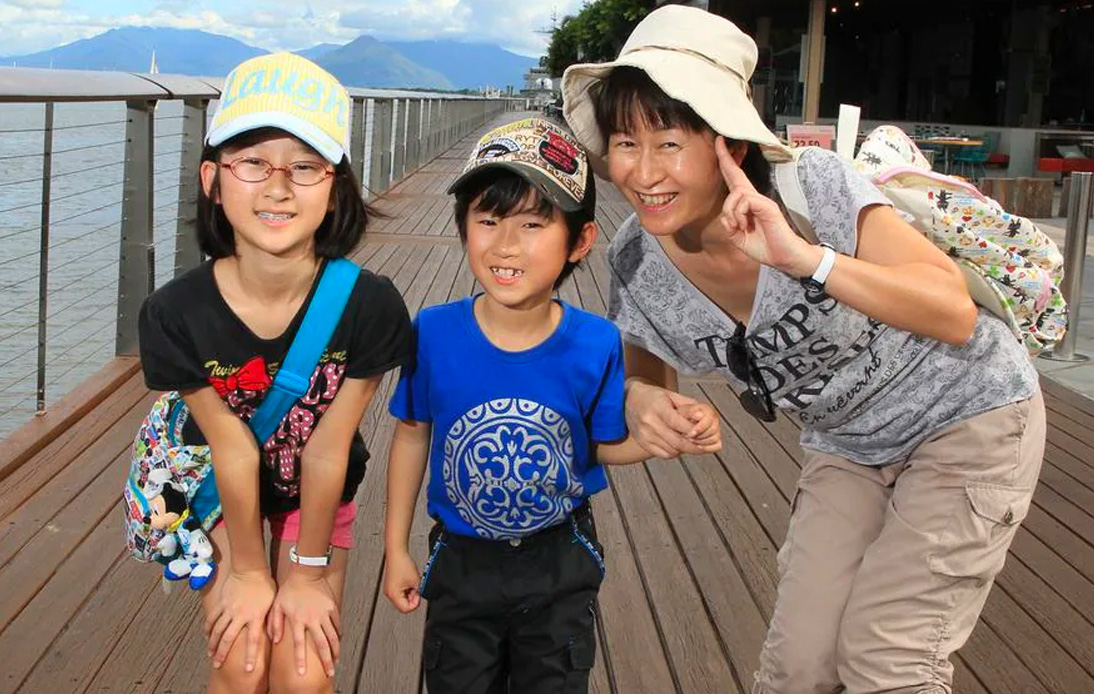
The Tourism Authority of Thailand (TAT) recently acknowledges that the projected influx of Japanese tourists might not reach 50% of 2019’s numbers. This is due to a slow rebound in flights, a weakening yen, and travel agency concerns over potential political instability.
The Director of TAT’s Tokyo division, Kajorndet Apichartrakul, stated that it would be challenging for the count of Japanese tourists to achieve the 850,000 target this year, which constitutes half of the 2019 figure.
He said that achieving this goal is only possible under the most favourable conditions, according to the organization’s assessment.
Mr. Kajorndet identified the yen’s declining strength against the baht, currently standing at 100 yen for 24 baht, a drop from its earlier 30 baht rate, as a key impediment to outbound travel from Japan. This has made trips more expensive for Japanese tourists.
Mr. Kajorndet mentioned that the Japanese are now more inclined towards savings, and over the past year, their government has been promoting domestic travel over international trips.
Furthermore, the reinstatement of air travel between Japan and Thailand has been lagging behind other markets, presently only reaching 30-40% of the traffic seen in 2019. Steep airfares continue to be a barrier for prospective travelers, added Mr. Kajorndet.
He hinted at a possible improvement by the end of the year, with flight frequencies potentially hitting half the 2019 levels due to the introduction of new routes, including Thai Airways’ restoration of direct flights to Hokkaido in August.
The easing of passport application fees by the Japanese government, coupled with the removal of the requirement to show proof of Covid-19 vaccination, could tempt travel enthusiasts, according to Mr. Kajorndet.
Yoshida Masahiro, an official from the Association of Thai Travel Agents, described the Japanese market as inherently cautious in response to uncertainties, such as Covid-19.
The majority still wearing masks and expressing concerns about potential infections while on international travel.
While Thailand’s tourism sector has managed to recover from major adversities like severe floods, political protests, and an airport siege in Bangkok over the past several years, the re-emergence of the Japanese market is slower than other inbound markets.
If large-scale political protests causing transport disruptions were to occur, Mr. Yoshida warns that the Japanese market would suffer even more.
In the first half of the current year, over 300,000 Japanese tourists have visited Thailand.
Mr. Yoshida noted the recent 33-year high in Japan’s Nikkei stock index, interpreting it as a sign of a robust economy and strong business sentiment.
Looking into the future, Mr. Yoshida expects an influx of large business groups from Japan with significant spending capacity.




















